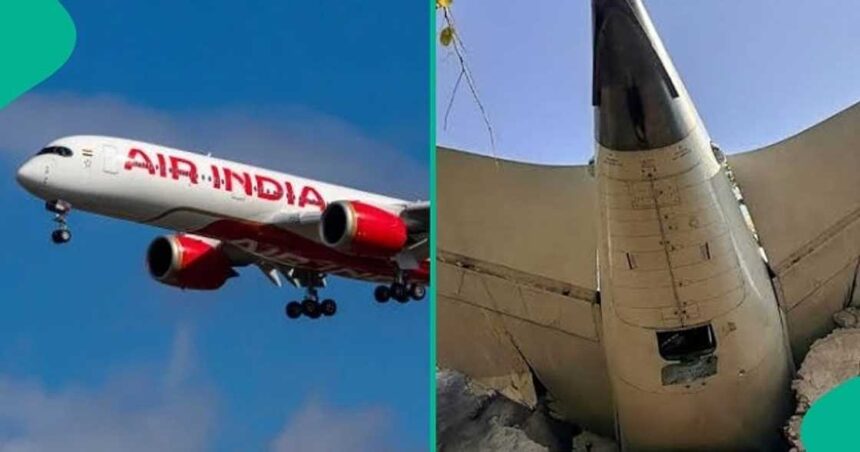Introduction
Air India crash investigators face a critical decision: should the flight recorders from the deadly Ahmedabad Boeing 787 crash be sent abroad for decoding? With India’s new AAIB black box lab in Delhi official but untested, the stakes are high.
Background of the Incident
On 12 June 2025, Air India Flight 171 — a Boeing 787‑8 Dreamliner bound for London — crashed shortly after takeoff from Ahmedabad Airport, killing at least 241 on board and dozens on the ground. The aircraft carried two Enhanced Airborne Flight Recorders (EAFRs), combining cockpit voice and flight data recorders, both of which were recovered on 13 and 16 June.

Current Status of Black Box Analysis
- The AAIB is assessing whether India’s state-of-the-art black box lab in Delhi can decode the damaged units.
- If deemed too damaged, the recorders may be sent to the U.S. NTSB for deeper forensic analysis.
- The Ministry of Civil Aviation emphasizes that the decision will be based on technical, safety, and security considerations Air India crash.
Why Sending Black Boxes Abroad Matters
Despite inaugurating the Delhi lab in April at a cost of ₹9 crore, experts warn it may lack the capacity to handle severely damaged devices. Data extraction could risk further loss of critical evidence, necessitating careful decision-making.
Investigation Cooperation & Timeline
- AAIB is working with NTSB, Boeing, GE Aerospace, and UK’s AAIB on the probe.
- If sent to the U.S., the NTSB expects to decode data by ~26 June, with Indian technicians present to oversee.
- A preliminary report is expected within 30 days, with final findings within a year per ICAO rules.
Implications for Aviation Safety

The fate of these black boxes could determine:
- Accuracy of crash reconstruction: crucial clues like potential dual-engine failure or RAT deployment may be extracted only by advanced labs.
- India’s forensic capability: success at Delhi lab bolsters national confidence; failure could highlight technological gaps.
- Public trust: transparent handling reinforces accountability, especially amid whistleblower claims regarding ignored warnings.
Conclusion & Next Steps
The AAIB must soon decide whether the damaged recorders stay in Delhi or go to the U.S. Analysis integrity, logistics, and international collaboration are under scrutiny. The coming weeks will reveal whether the data retrieval succeeds—crucial to understanding what went wrong with AI171.
Boeing 787 safety and previous incidents
For the latest updates and detailed reporting, refer to:
- Reuters – India yet to decide on black box analysis
- IndiaTimes – Govt clarifies AAIB decision pending
- Moneycontrol – NTSB expected to extract data by June 26
Call to Action
Stay tuned as this investigation unfolds. Share this post to spread awareness on aviation safety and transparency. Leave your thoughts on whether India should develop its lab further or collaborate overseas.









